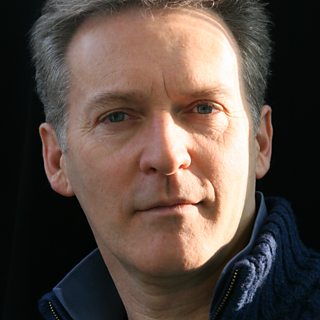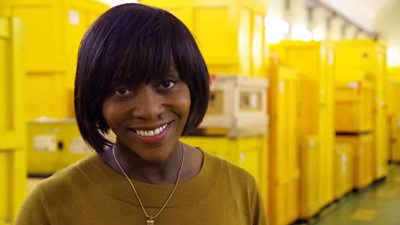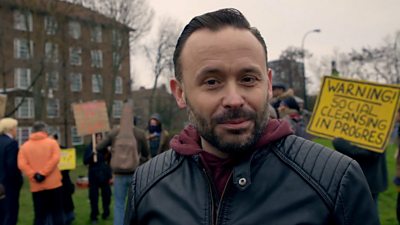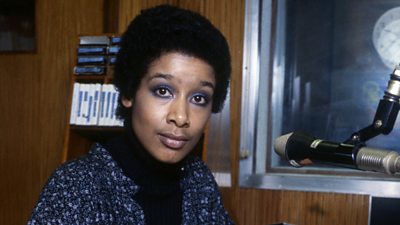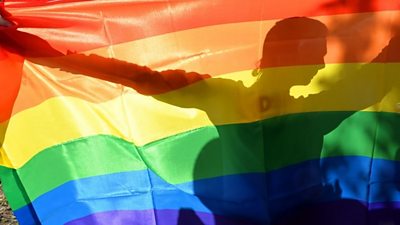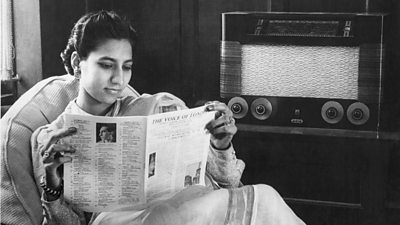When Britishness is being discussed, the ΒιΆΉΤΌΕΔ is one of the main arenas in which this discussion takes place.
The ΒιΆΉΤΌΕΔ has often seen itself as a force for uniting the nation. I think immediately of the coronation of Queen Elizabeth in 1953 when 22 million people crowded round their (often) newly purchased TV sets to watch the first moment of post war glamour.
But it is also the place, as our centenary historian Professor David Hendy tells us, where differences get aired. Former ΒιΆΉΤΌΕΔ director-general Mark Thompson once commented: βwhen Britishness is being discussed, the ΒιΆΉΤΌΕΔ is one of the main arenas in which this discussion takes placeβ.
Over the decades, the UK has become increasingly diverse β immigration has transformed its ethnic makeup, access to education has changed the public voice and legal reforms have allowed people to be open about their sexual orientation and removed barriers to gender equality.
The ΒιΆΉΤΌΕΔ has reflected these societal moves. Sometimes ahead of its time through pioneering moments and personalities, occasionally lagging behind the zeitgeist, and always attempting to balance conservative (with a small c) and liberal (with a small l) aspects of British discourse.
Creative Diversity takes its place in that timeline, shifting the paradigm yet again to refocus the ΒιΆΉΤΌΕΔβs DNA as a more representative UK and as a global player.
Following the death of George Floyd in 2020, ΒιΆΉΤΌΕΔ Director-General Tony Hall stated "the ΒιΆΉΤΌΕΔ is not impartial on racism" and pledged to spend Β£100 million over three years on diverse storytelling. It also set a new target of 20% diverse production talent mandatory for every new ΒιΆΉΤΌΕΔ network commission in every genre, to be regularly monitored in the Annual Report.
On the following pages are some brief snapshots of how the ΒιΆΉΤΌΕΔ has marked diversity β for right or wrong β since its creation in 1922.

